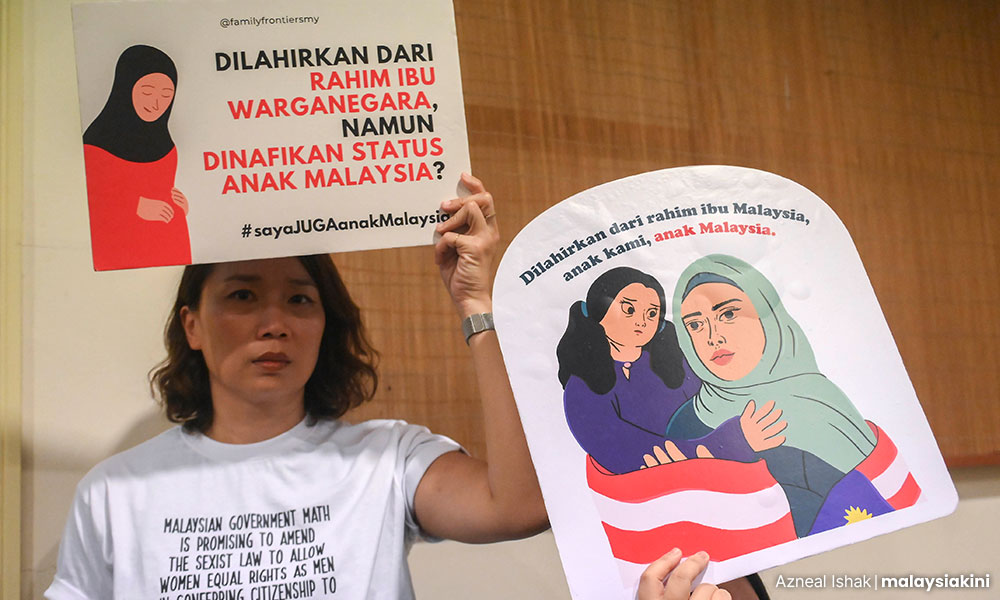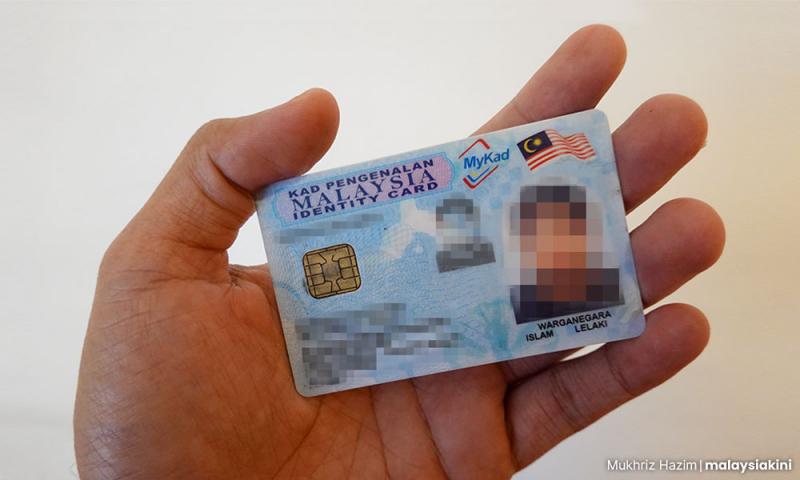LETTER | Citizenship changes risk worsening statelessness, burdening economy
LETTER | The Institute for Democracy and Economic Affairs (Ideas) is greatly concerned by the proposed amendments to the Federal Constitution that will have a harmful impact on stateless children, particularly foundlings.
We are of the view that the government should separate the proposed package of amendments and proceed with the two that will grant Malaysian mothers the equal right to confer automatic citizenship on their children born overseas.
Lawmakers should be allowed more time to debate on its contents before voting.
Particularly disturbing is the repeated justification given by the Home Ministry for these amendments, which include safeguarding security and that citizenship is a privilege.
“I would like to stress that using national security as a justification for these regressive amendments is akin to a red herring and a clear effort to distract the public from the harm that will inevitably be inflicted on stateless children.
“Insisting that citizenship is a privilege also closes doors for already vulnerable sections of society from accessing basic rights that should be available for every human being.
“Furthermore, the ministry has so far failed to provide data to prove that the status quo regarding stateless children has been a national security threat, despite being asked repeatedly by civil society organisations,” said Ideas CEO Tricia Yeoh.
It is also important to recognise that having a clear pathway to citizenship means granting stateless persons - whose statelessness is through no fault of their own - a future where they can access public education, banking, healthcare services and employment.
Accessing basic rights
“These proposed amendments will worsen the current situation, increase the number of stateless children and create new generations of stateless persons who are unable to access basic rights, impair their ability to earn a decent living, and thereby increase their risk of exploitation and trafficking.

“According to the US Department of State’s 2023 Trafficking in Persons Report, Malaysia’s birth registration policies have left more than an estimated 500,000 individuals - including children - stateless and therefore unable to access some government services, including legal employment and public schools, increasing their vulnerability to trafficking.
“Clearly, this is the security issue threatening our safety,” Yeoh said.
Beyond the humanitarian angle, it is important to also consider the economic cost of statelessness. Findings from a 2019 study conducted by the Subang MP’s office showed an estimated annual loss of RM6 billion due to the denial of citizenship to around 300,000 individuals born in Malaysia or to Malaysian parents.
This calculation is based on the assumption that half of the stateless population is of working age, resulting in 150,000 individuals experiencing unequal job opportunities and achieving only half of the average annual productivity value of RM81,039.
This loss stems from the denial of equal job opportunities and productive contributions to the economy by stateless individuals. The report also underscores the urgent need for decisive action to resolve citizenship issues, emphasising that resolving these cases can yield significant economic, social, and health benefits without incurring additional administrative costs.
“These reprehensible amendments are a direct assault on our Federal Constitution and an affront to our founding values. If these amendments pass, Malaysia will be the only country in the world in a decade that actually takes away the protection and rights of children,” concludes Ideas’ founding president Tunku Zain al-’Abidin Tuanku Muhriz.
The views expressed here are those of the author/contributor and do not necessarily represent the views of Malaysiakini.
RM12.50 / month
- Unlimited access to award-winning journalism
- Comment and share your opinions on all our articles
- Gift interesting stories to your friends
- Tax deductable
